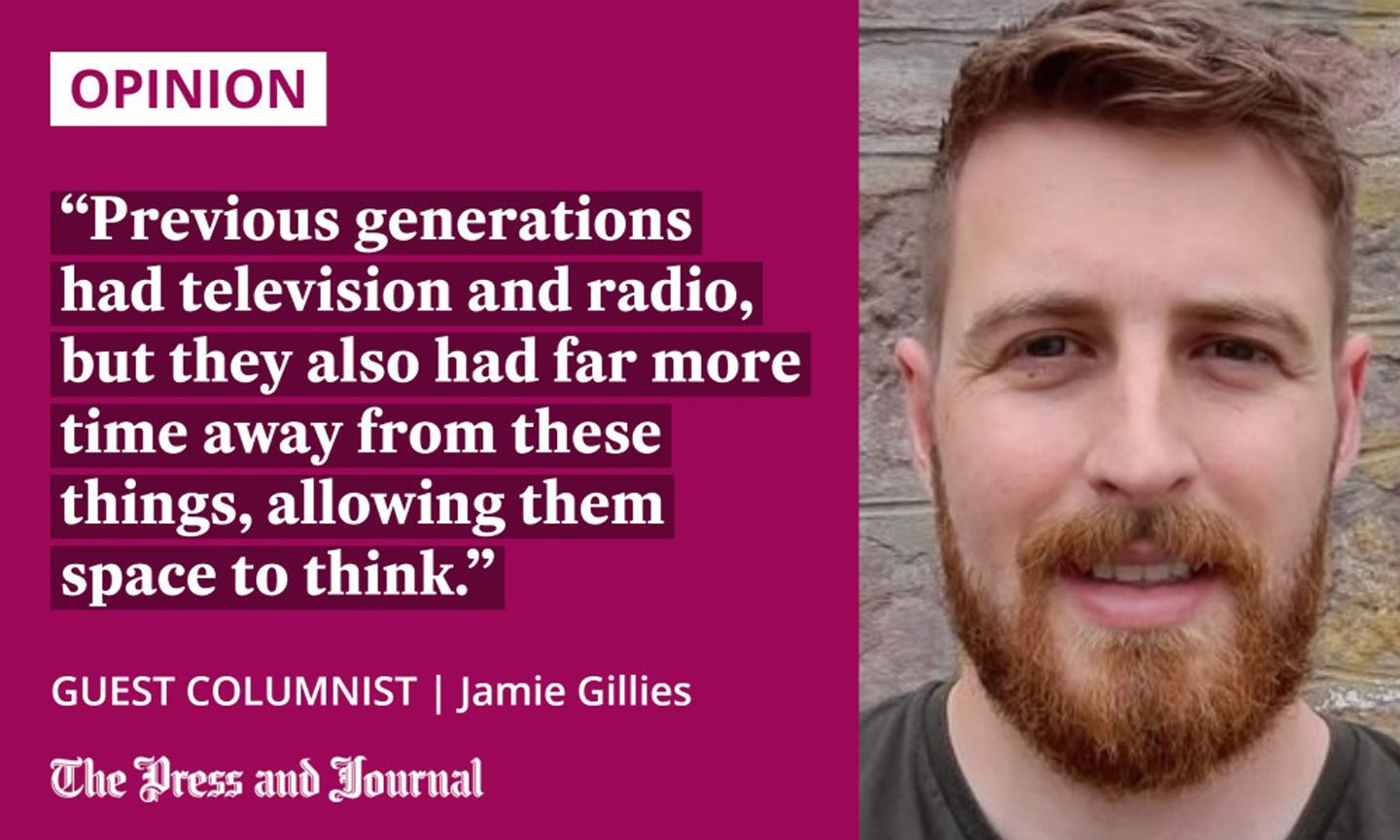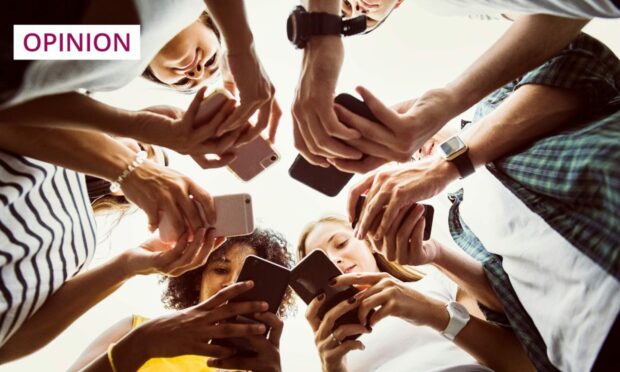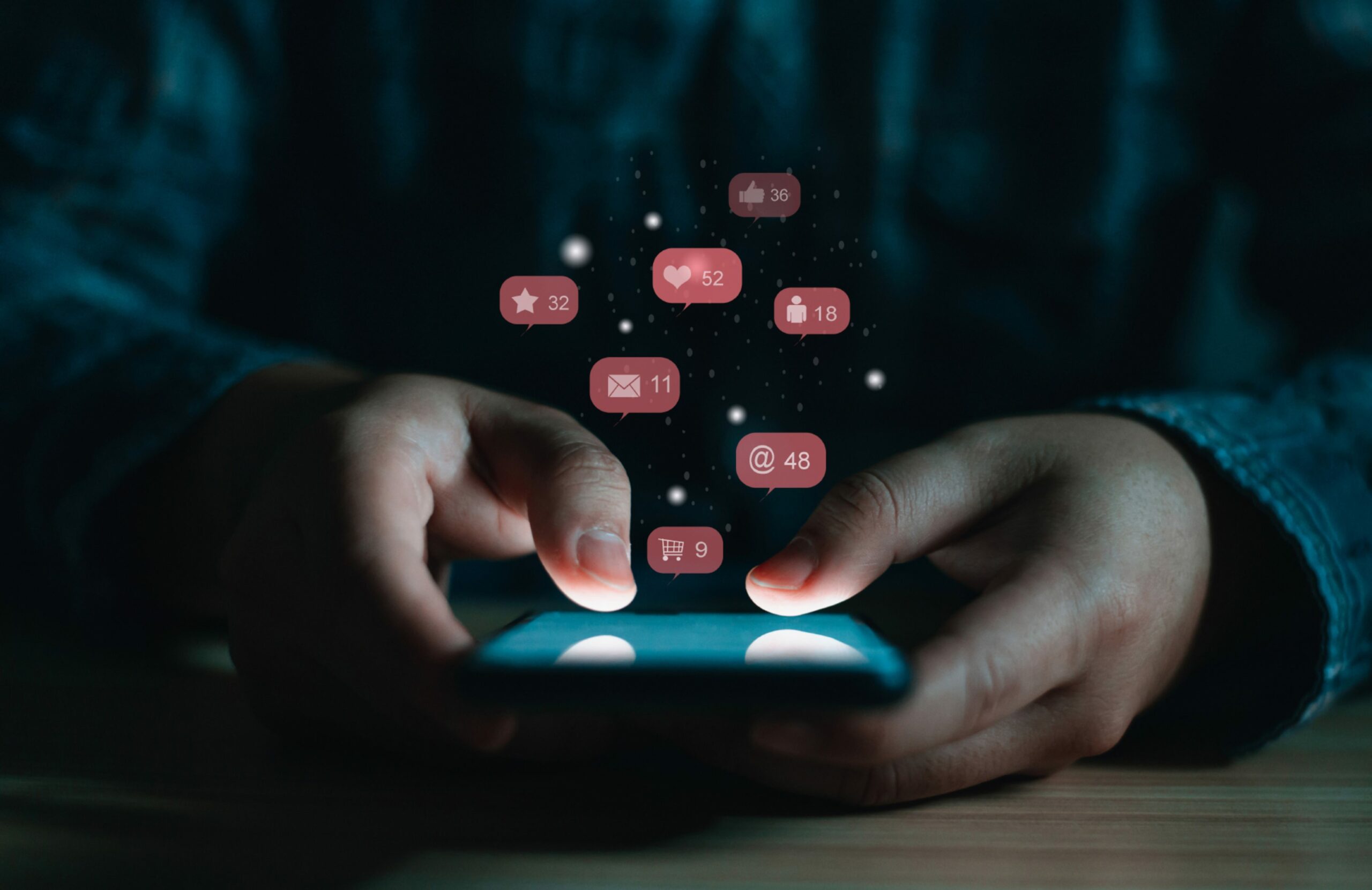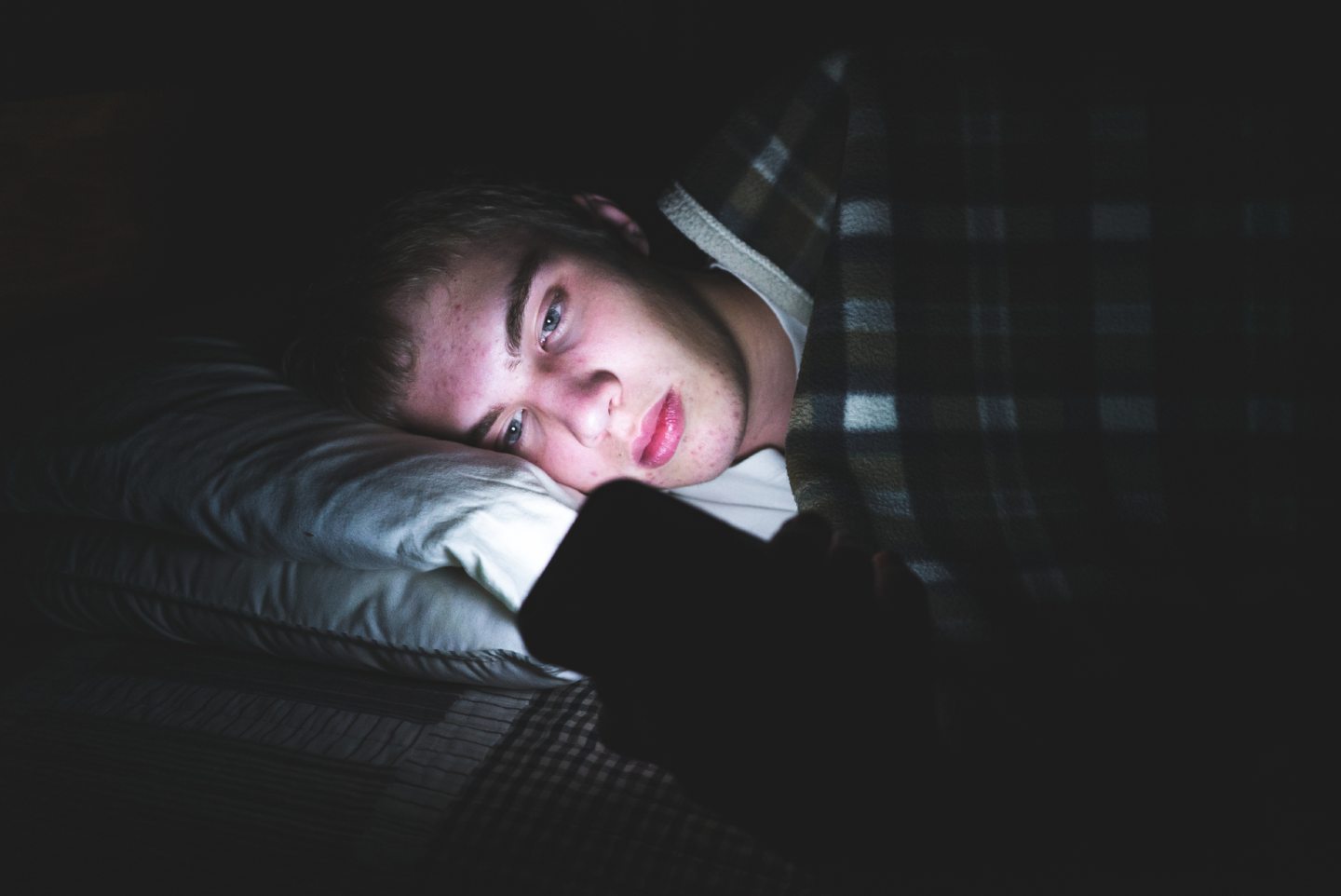Last week, I landed back at my desk after 14 brilliant days of holiday, which I spent seeing extended family in Ireland, and completing a five-day hike in the Highlands.
Holidays are meant to be restorative; a chance to leave behind the stresses of working life, and recuperate physically, mentally, and spiritually. I’m glad to say I am refreshed, on all counts.
This hasn’t always been the case for me, though – particularly in recent years. It’s common for me to feel less than rested, even after time off. I expect I’m not alone in this.

One of the main culprits for the exhaustion we can feel has to be technology, and, more specifically, the smartphone, which most of us now own.
Our phones are incredible from a technological standpoint. We can communicate with friends, family members and business contacts across the globe through email, text, calls, FaceTime, or on social media, at all times of the day and night.
We have access, via the internet, to an ever-increasing goldmine of information on everything we could possibly imagine, from cats, to communism, to the cosmos.
Perpetual connectivity and information overload takes a toll on us, though. Our brains are working overtime all the time. There’s little opportunity to disconnect and decompress.
A raft of studies link smartphone use to problems including anxiety, depression, loneliness, short attention spans, reduction in reading ability, and even suicide.
I am ‘liked’, therefore I am
There are also more philosophical considerations, too. As human beings in the 21st century, we are frequently “plugged in” to something – distracted – in ways humans weren’t in the past.
Previous generations to mine had television and radio when they were my age, but they also had far more time away from these things, allowing them space to think.
The writer Tony Reinke describes the deeper implications of information overload and mounting tech addiction in his book, 12 Ways Your Phone Is Changing You.
“The philosophical maxim ‘I think therefore I am’ has been replaced with a digital motto, ‘I connect therefore I am’, leading to a status desire: ‘I am “liked”, therefore I am’,” Reinke writes.
He adds that “our digital connections and ticks of approval are flickering pixels that cannot ground the meaning of our lives”. In fact, they distract from what’s important.
It’s clear that the enormous benefits of smartphones come with huge downsides. With the good comes the bad, as is often the way in this world
How many of us have real time for true, deep reflection about our lives, our relationships, and the world around us today? About death and what lies beyond? About God?
And, by contrast, how many hours and days do we spend obsessing over online content that adds nothing to our lives, and distracts from what’s truly important?
Smartphones need to be handled with care
It’s clear that the enormous benefits of smartphones come with huge downsides. With the good comes the bad, as is often the way in this world.
The challenge we face is making use of the immense blessings of smartphone technology, whilst also mitigating the harms it may cause. There’s some way to go in achieving this balance.
For me, the hardest single thing to disconnect from on my phone is social media. During my recent holiday, I thought I’d go cold turkey for the first time and see what happened. The results were tangible.
For one thing, I instantly had more time to think and speak with others – it’s amazing how many hours are eaten up scrolling through feeds.
I felt less anxious. I’ve noticed that I often feel uneasy on days when I’ve spent several hours on Twitter, worrying about tweets, likes and reactions, and doomscrolling.
I was able to fall asleep faster and woke up feeling more refreshed. Blue light late at night isn’t good for your brain. My wife felt that I was more present and chipper, too – husband points there.
Like most readers, I’m unlikely to part ways with my smartphone any time soon. But I’ve learnt that it needs to be handled with care, to ensure a healthy life.
It’s good for us to look up from our phones regularly and walk away from them when we have the chance.
Jamie Gillies is a campaigner and commentator based in the north-east of Scotland



Conversation